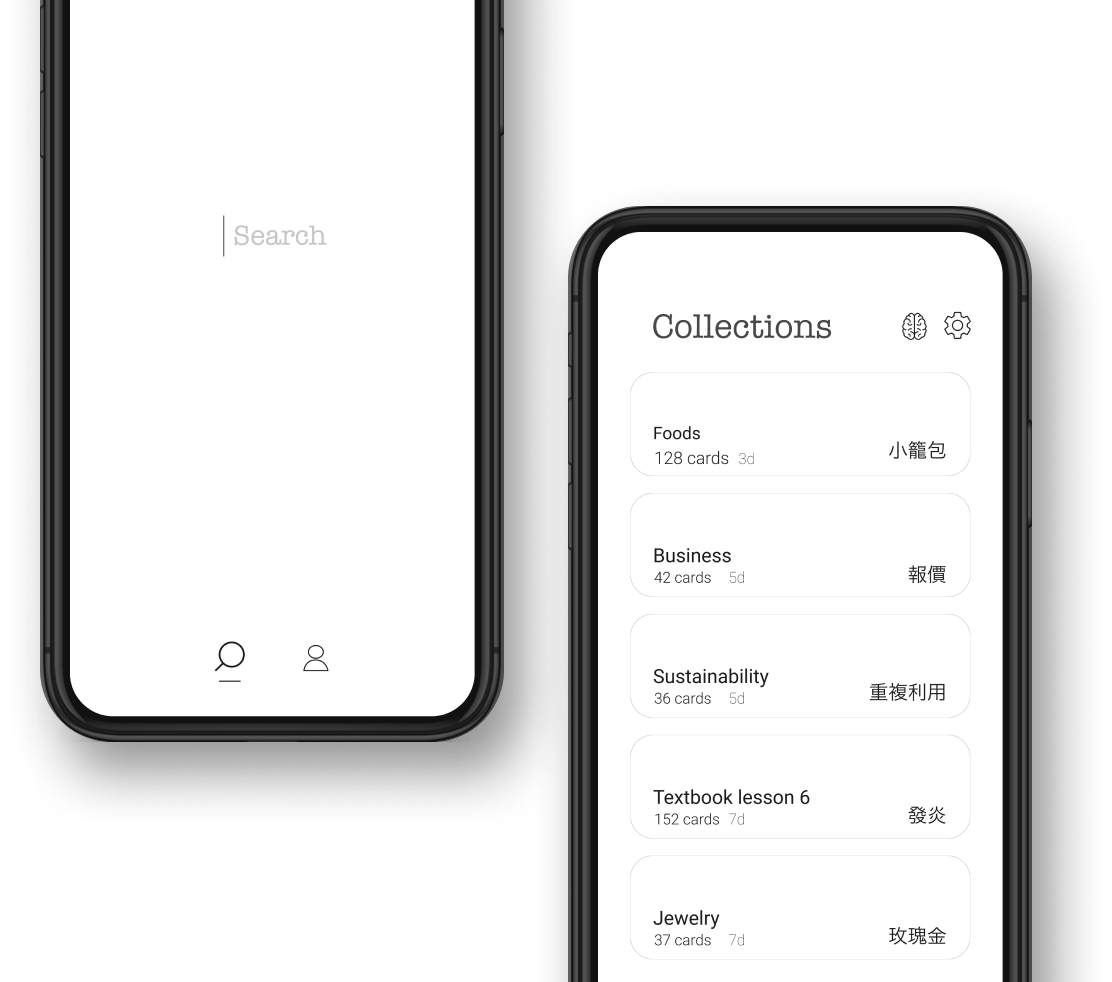Meaning of yè:
拽
variant of 曳[ye4]; to throw; to fling; to pull; to tug at (sth)
Háizi bèi māma yī bǎ zhuài zhù le.
孩子被妈妈一把拽住了。
The child was pulled by the mother.
Tā yònglì bǎ qiú cóng chuāngkǒu lǐ zhuāi le chū qù.
他用力把球从窗口里拽了出去。
He forcefully threw the ball out of the window.
Tā yònglì jiāng qiú zhuāi xiàng yuǎn chù.
他用力将球拽向远处。
He flung the ball far away with great force.
Tā yònglì de zhuài zhù mén bǎshǒu, xīwàng bǎ mén dǎkāi.
他用力地拽住门把手,希望把门打开。
He pulled hard on the doorknob, hoping to open the door.
Xiǎohái xǐhuān lā zhe fēngzhēng de xiàn zài cǎodì shàng zhuài.
小孩喜欢拉着风筝的线在草地上拽。
The child likes tugging at the kite string on the grass.
self-satisfied; cocky (alternative written form of 跩[zhuai3])
Tā jīntiān zǒulù de yàngzi xiǎnde tèbié zhuǎi.
他今天走路的样子显得特别拽。
The way he walked today looked particularly cocky.

